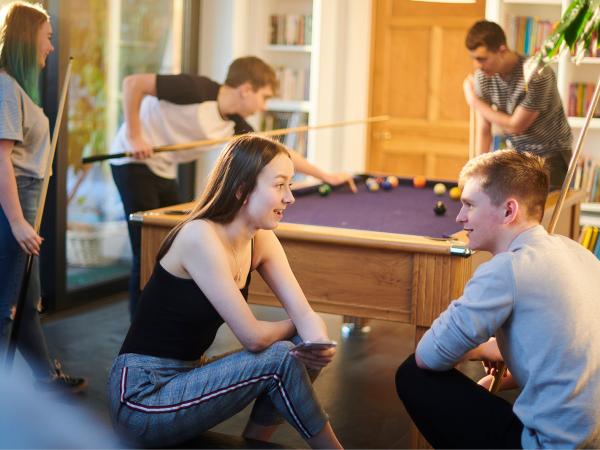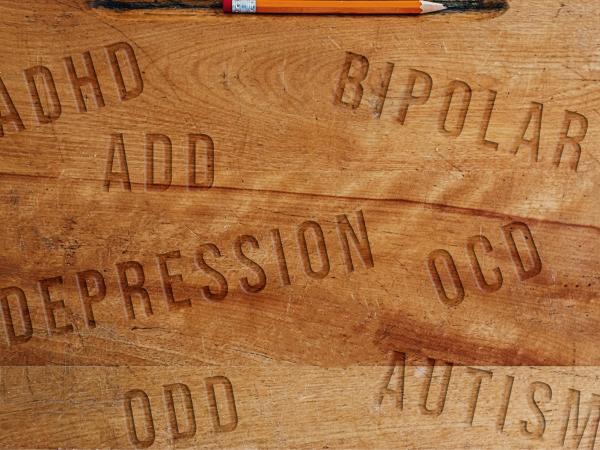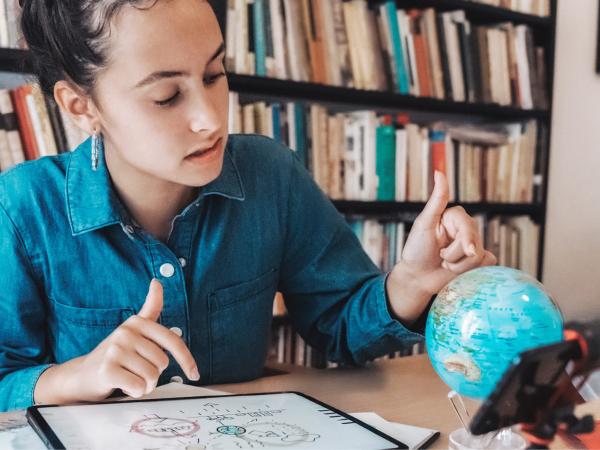Stop and search
There are times when police may carry out mandatory stop and search activities involving you or your mates, although you can’t deny this, there are things you can do to help protect yourself. Watch the video below to find out more about what to do if you are approached by the police for a stop and search. You have a right to ask a police officer the reason why they have stopped you and want to search you, you can also ask for a stop and search receipt.
Legal rights
Your legal rights may differ to those of adults, but you still have lots of rights.
See the list below of your legal rights
-
You have the right to free legal advice if you get arrested and you are in court, if you under the age of 18.
-
You can legally change your name at the age of 16 without parental consent.
-
You can legally decide who you want to live with at the age of 16.
-
Young people in prison have the right to legal help and to be able to stay in contact with their family.
-
If you get arrested, you have the right for somebody to be informed of the fact you are being held in police custody.
-
If you are under the age of 14, parents or carers must agree for the police to take your photo and fingerprints.
-
You have the right to speak to an appropriate adult at any time at a police station and for them to be present for your interview.
Educational rights
Although a majority of things to do with your education pre 16 will be sorted out by your parents or carers, there are still many rights that you have that you can raise concerns about if you don’t feel they are being met.
-
At school or college, you have the right to free and appropriate education. You are still entitled to this if you don’t attend a school, are in hospital or are in prison.
-
Children and young people have the right to education no matter who they are: regardless of race, gender or disability; if they're in detention, or if they're a refugee.
-
An education provider has a duty to make ‘reasonable adjustments’ to make sure disabled or SEN students in education are not discriminated against.
Employment rights
Under 18 your employment rights will differ from those over 18 but you still have the right to a safe working environment as well as extra rights to protect you against exploitation.
-
As a 13-14 year old, you can legally work up to 12 hours a week in term and 25 hours a week during school holidays.
-
If you have a job as a child, paid or voluntary, you are entitled to an hours break every four hours. You are also entitled to time off for holidays and to be kept safe at work.
Health rights
Your health rights may be different to what you think. Although under 16 your parents or carers may make a lot of health decisions for you, you still have the right to be involved in these decisions and be consulted about your opinion.
-
You have the right for your personal information to be kept private by professionals.
-
If you are under 16 you have the right to free confidential contraception and sexual health advice under Fraser guidelines. for further information please read: NSPCC
-
Children aged 16 or over are entitled to consent to their own medical treatment.
- Are you aged 11-18 ? You have rights related to your Mental Health and can take action if you feel you are being ignored . More Information available here : MIND
Other helpful rights to know about
-
You have the right as a young person, to be treated fairly and protected from discrimination, whatever your age, gender ethnicity religion, language, family background or any other status.
-
Under the age of 18 you have a right to be living in a safe place.
-
As a young carer or a young adult carer you have a right to an assessment, to be supported and to get the help you need.
To find out more about your rights check out the UN Convention | UNICEF


